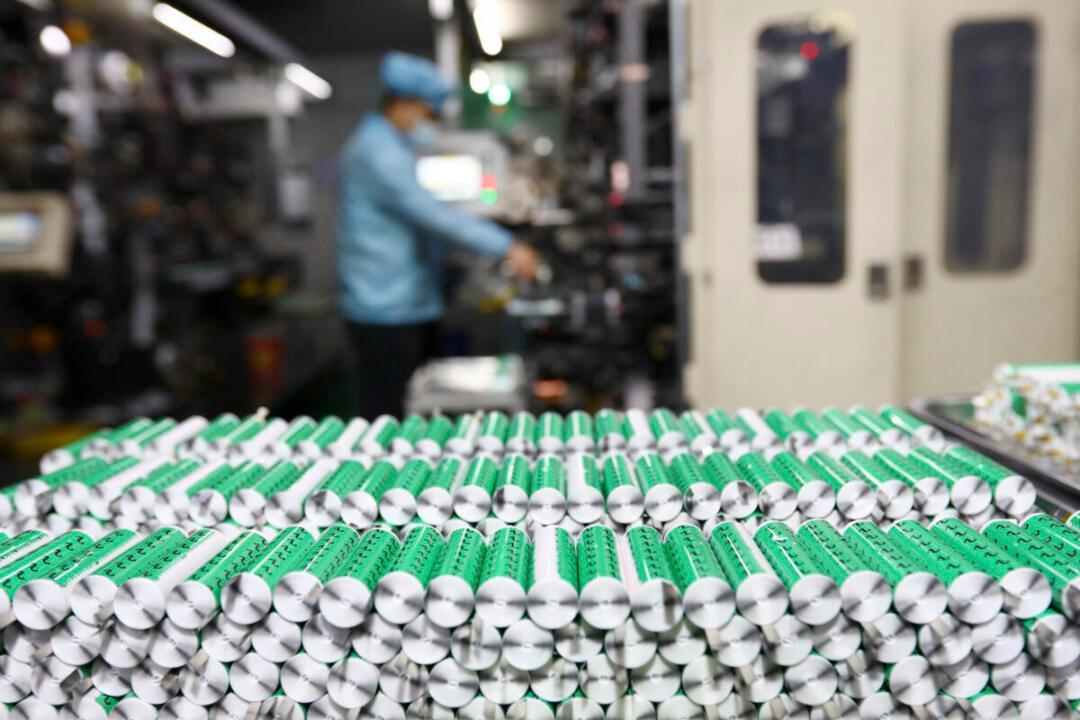A Chinese firm that specializes in industrial explosives is planning to acquire a more than 10 percent stake in a Canadian lithium company for CA$5 million (about US$3.96 million).
On April 17, China-based company Sichuan Yahua Industrial Group Co. Ltd. (Yahua Group) announced its plan to acquire 13.2 percent of Ultra Lithium Inc., a Vancouver-based lithium and gold exploration firm, through its wholly-owned subsidiary Yahua International Investment and Development Co. Ltd.





